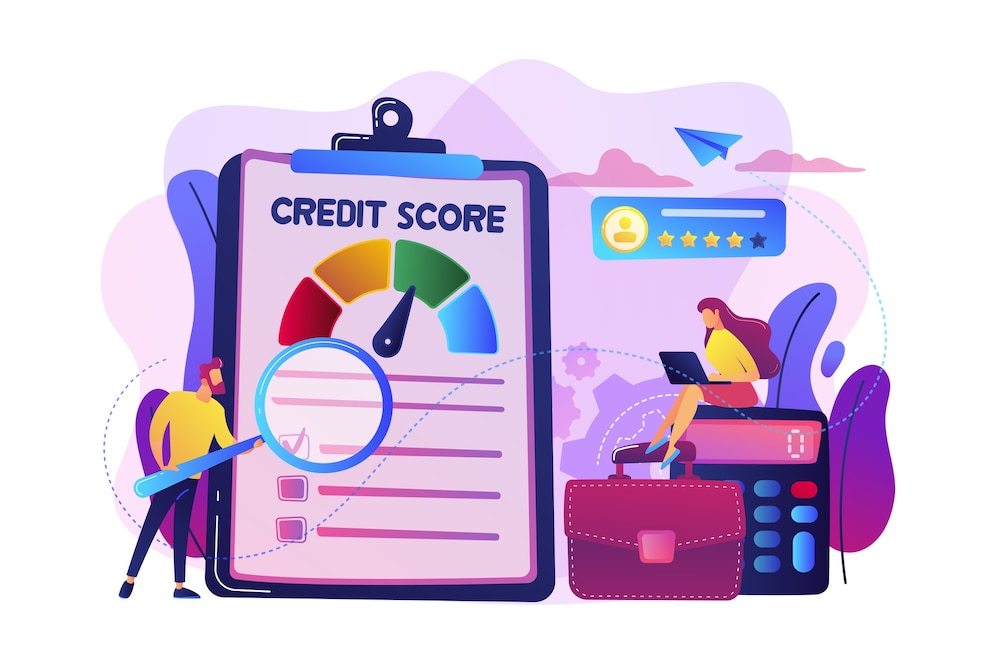Investors in the United States are increasingly gravitating towards sustainable investments. Sustainability has moved from being a desirable attribute to a crucial criterion for anyone looking to make a positive impact while ensuring financial returns.
Anúncios
By focusing on sustainable investments, you not only contribute to environmental and social betterment but also pave the way for long-term financial gains. Here’s how to choose these investments effectively and understand their importance.
More individuals are recognizing the synergy between ecological consciousness and financial prosperity. As stewards of our planet, it is imperative to make informed decisions that resonate with our ethical and economic aspirations. The U.S. offers a plethora of options for those inclined towards environmentally-friendly financial ventures.
Why sustainable investments matter

Sustainable investments enable us to address critical issues such as climate change, social equity, and corporate governance. Traditional investment avenues often overlook the environmental or social ramifications of economic activities, but this new wave of investing emphasizes transparent, responsible, and long-term gains.
These investments don’t just rest on moral high ground—they often exhibit robust financial performance. Companies with strong environmental, social, and governance (ESG) criteria tend to be more resilient and capable of adapting to changing societal norms and regulations. This adaptability translates into stable, often superior, financial returns.
Furthermore, committing to such investments signals to the corporate world that consumers and investors care deeply about sustainable practices. This shift can encourage more businesses to adopt greener and more socially responsible practices, creating a positive feedback loop.
Assessing your values and goals
Before diving into the world of sustainable investments, it’s crucial to reflect on what matters most to you. Are you passionate about renewable energy? Concerned about equality and labor rights? Interested in corporate transparency and governance? Understanding your priorities will guide you in selecting the right financial instruments that align with your values.
Various types of sustainable investments focus on different aspects of ESG criteria. Impact investing, for instance, explicitly aims to generate specific, beneficial social or environmental effects alongside financial returns. On the other hand, socially responsible investing (SRI) involves screening potential investments based on ethical guidelines.
By aligning your investments with your principles, you not only contribute to causes you care about but also feel a deeper sense of satisfaction and responsibility. In turn, this alignment can lead to more informed and committed investment decisions.
Analyzing financial performance
While ethics and values play a crucial role, the financial performance of an investment cannot be ignored. Historical data suggests that businesses with robust ESG practices tend to outpace those lacking in these areas. This is primarily because sustainable companies are usually better prepared for regulatory changes and resource scarcity.
Moreover, these companies often enjoy a better public image, which translates into customer loyalty and, subsequently, increased revenue. Investors should review ESG ratings and reports from credible agencies to assess a company’s sustainability credentials. Such reports can offer comprehensive insights into an organization’s long-term viability.
Tools like ESG scores, green indices, and sustainability reports can be pivotal in your analysis. These resources offer quantifiable metrics that help in comparing different investment options, ensuring that your choices are both ethically sound and financially lucrative.
Choosing the right sustainable investments
Selecting the appropriate sustainable investments requires thorough research and a clear understanding of your financial goals. Diversification remains a key principle; spreading your investments across various sectors reduces risk while enhancing potential returns.
Mutual funds and exchange-traded funds (ETFs) focused on sustainability are excellent entry points for newcomers. These funds pool resources from multiple investors to invest in a diversified portfolio of companies vetted for their commitment to ESG criteria. This approach offers a balanced way to engage in sustainable investing without singular focus risk.
For the more experienced investor, direct investments in companies or specific green projects can offer higher rewards though they come with increased risk. Here, due diligence is vital—study financial statements, sustainability reports, and ESG ratings to ensure your investment is sound.
Exploring mutual funds and ETFs
Mutual funds and ETFs offer a diversified approach to sustainable investing by pooling assets into a broad spectrum of companies committed to ESG principles. These funds are managed by professionals who meticulously evaluate each asset’s sustainability credentials and financial performance.
Investors benefit from the diversified nature of these funds, which helps spread risk while keeping the focus on sustainability. Options range from funds emphasizing renewable energy to those prioritizing social equity. Some popular funds include the Vanguard ESG U.S. Stock ETF and iShares ESG MSCI USA Leaders ETF.
These funds provide an accessible way for investors to make a positive impact while potentially earning competitive returns. As more funds enter the market, choosing the right one requires careful consideration of its specific focuses and past performance.



